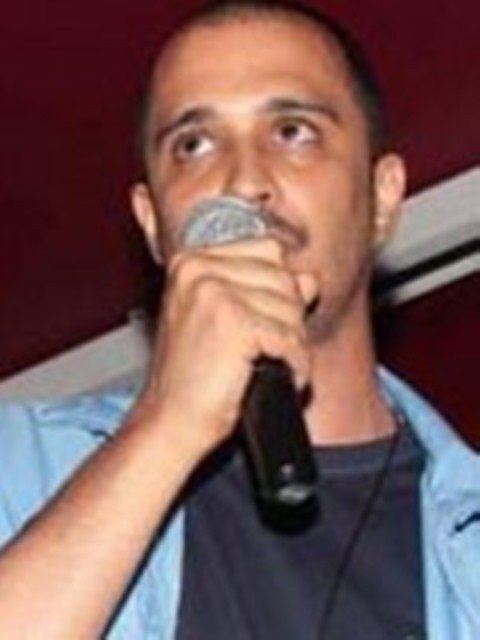Deaths in custody: Crowds at UFFC London demo echo demand for justice
Thousands of people have died, and continue to die, when coming into contact with the police, while the law enforcers responsible are continually shielded from facing justice without being held to account. They avoid jail, and they know they will.
This creates a perpetually worsening cycle, which needs to be broken. The only way this can happen is if police officers face justice like everyone else.
From negligence to murder, across the spectrum, police officers who have committed the crime know they will avoid facing consequences for deaths in custody, and by the same token the public have given up expecting justice.
This has been the state of affairs since time immemorial. But without justice there can be no peace. Those among our communities, whose dead family members have been denied justice, cannot or should not be expected to be peaceful or quiet. That is something only delusional liberals who operate inside a bubble think.
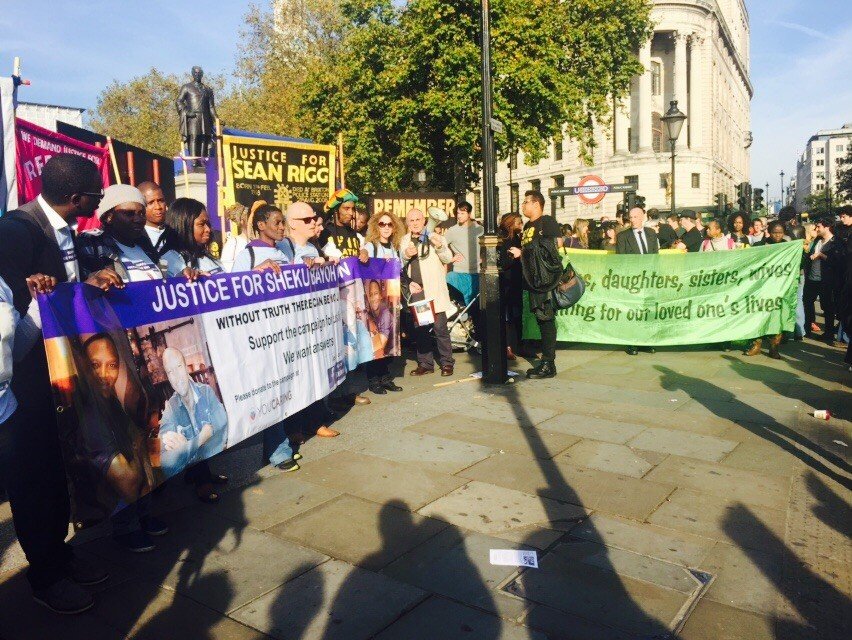
And so hundreds of people gathered in Trafalgar Square in London on Saturday at midday to stand with, and march in solidarity alongside, the friends and family of those who have lost their lives at the hands of the police. But don’t expect to see much coverage if any. Circles of power interested in maintaining the status quo include many newspapers.
Saturday’s demonstration, organized by the UFFC (United Families and Friends Campaign), was the 17th annual march to take place and draws huge numbers. Each year it gains much attention pretty well everywhere actually - except in the MSM.
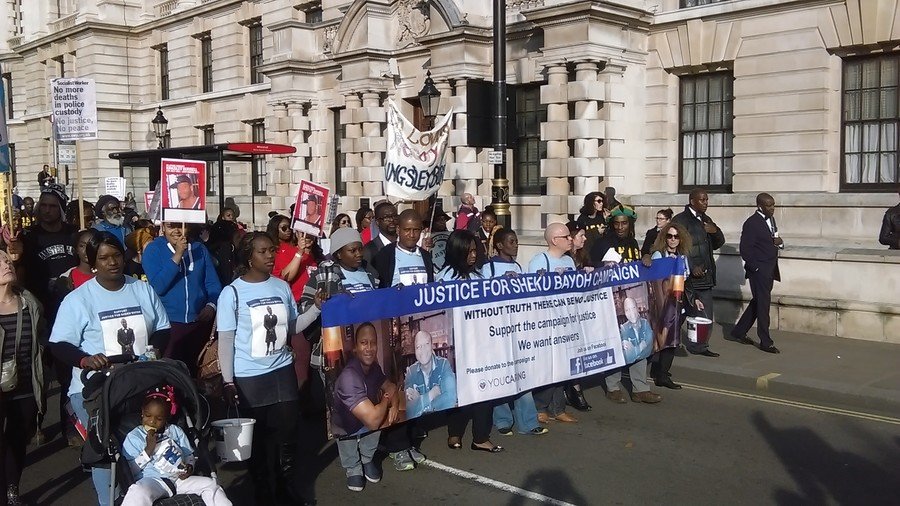
One thing that was noted by more than one of the family members addressing the crowd was the fact that, each year, the numbers of families taking part in the procession is growing, not decreasing. Families are not receiving justice, or getting any answers about the deaths of their family members, and in fact are being denied them.
One of the other sad realities, reflected by several speakers recounting tragic stories, was that often people with mental health conditions in a vulnerable state come into contact with the police and end up being restrained, and overpowered to the point of asphyxiation.
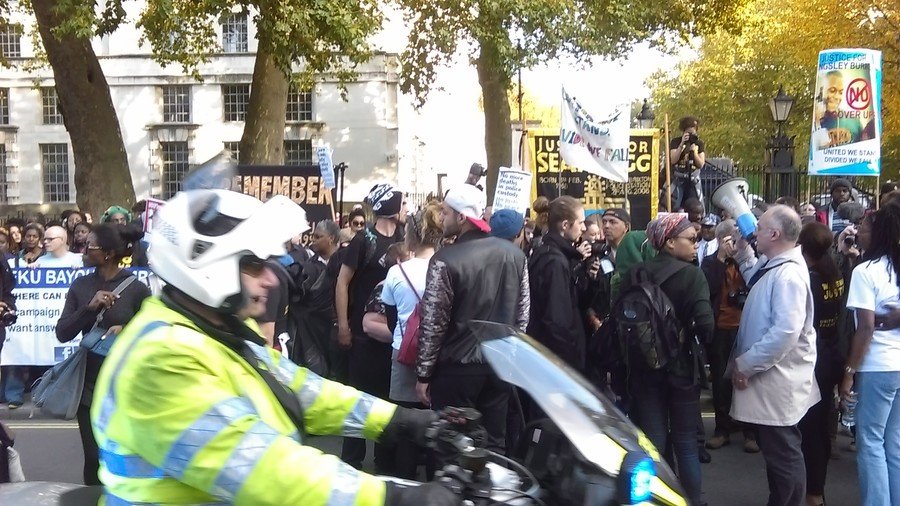
I have heard many people, including my friend and poet Benjamin Zephaniah, make the point that in addition to racism and aggression which plagues the police, they are also often not trained to deal with mental health emergencies. The consequences are often fatal. Many people think there should be a special mental health unit to deal with these kinds of sensitive cases, which often require understanding rather than brute force.
The list of tragic deaths in custody is endless, from the examples of people being left to die in police cells requiring medical attention, to blatant examples of violence leading to death.
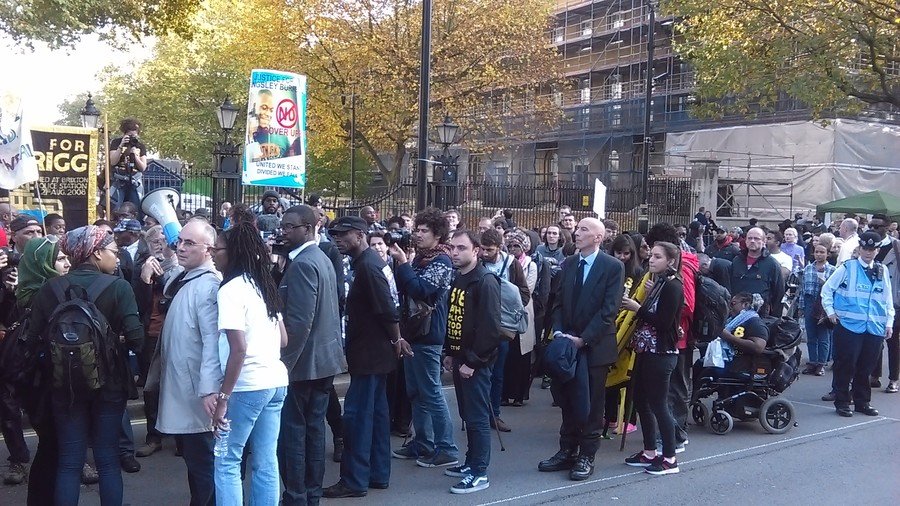
But deaths in custody in the UK are not a new problem, nor are they limited to the UK. Neither is it limited to police cells; there are countless cases of people dying in immigration centers and hospitals while in the custody of the authorities.
The abuse of power toward predominantly working class and minority communities, which have little or no voice or political representation, is a global problem. Abuse of power by the powerful is not exactly a new phenomenon. It’s not surprising therefore that this demonstration in central London will attract little or no media attention.
The corridors of power influence much of the media, which invariably when covering the issue of deaths in custody always peddles the line of the state and the corrupt and defunct criminal justice system. That is to say the media play a key role pulling the wool over the public’s eyes over the seriousness of this issue.

There are so many instances and cases we’ve come to see over the years, in which the authorities are either in part, or directly responsible for someone losing their life in custody, and yet much of the news coverage from the outset paints the victim as a criminal, and sidelines any criminality on the part of the authorities themselves.
The issue of deaths in custody, and accountability on the part of the police and the authorities, is one that refuses to go away. And why would it? The problem grows and magnifies; it does not decrease. It’s hard to imagine a truly free press that does its job, to hold the police to account, which also exists to work for the public. But our communities deserve nothing less.
It’s also up the public to make this happen and groups like UFFC which play a crucial role, need to grow, be heard and must be supported. Communities need to pressure politicians and the police to ensure their voice grows loud enough for everyone to hear it. Justice won’t be handed on a silver plate because it’s been asked for with pretty words, it must been demanded every step of the way, and again we should remind ourselves: no justice no peace.
The statements, views and opinions expressed in this column are solely those of the author and do not necessarily represent those of RT.
